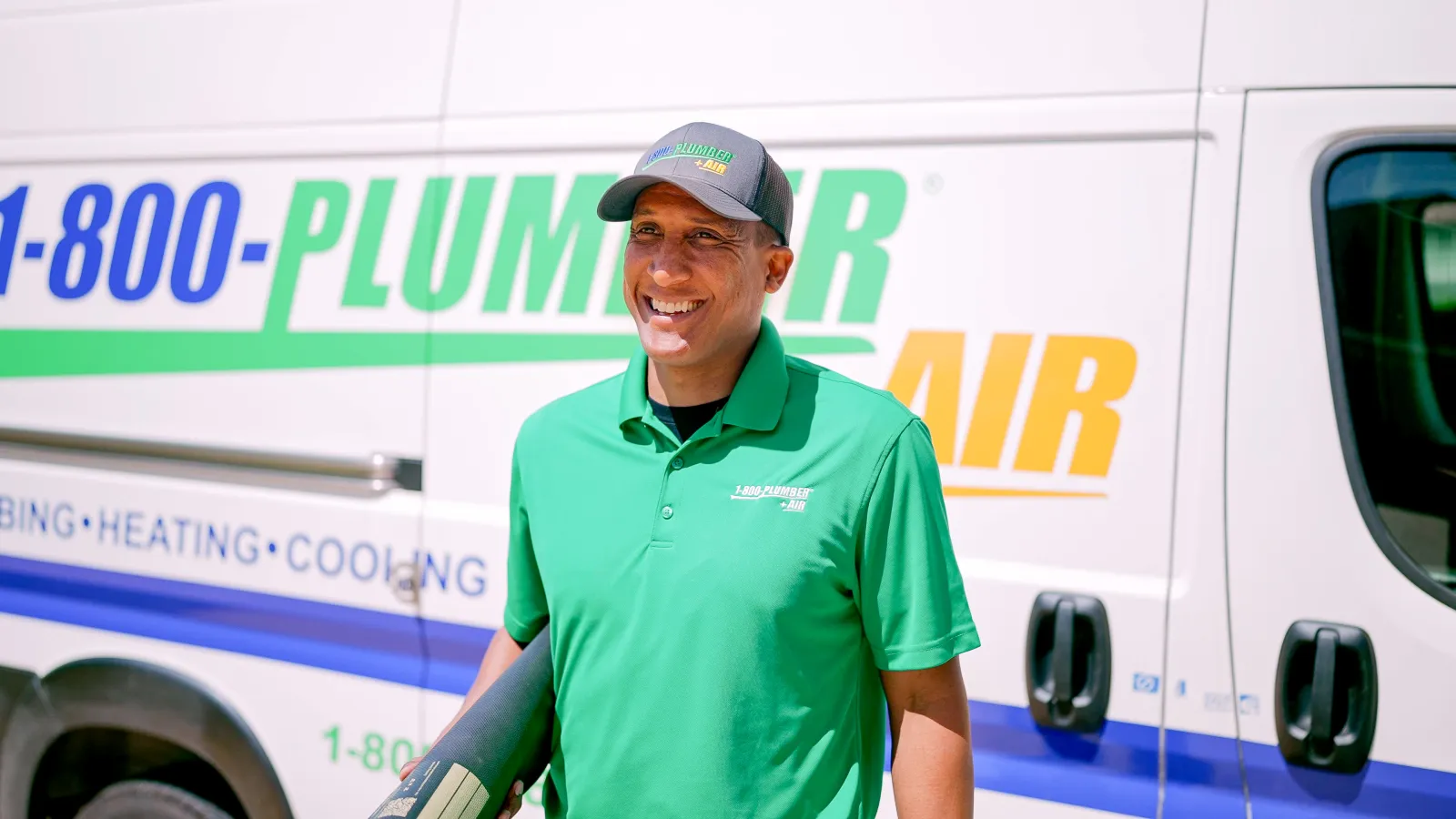Before choosing the right commercial plumber for your project, you must know what to look for. Any company can create an impressive website and say all the right things, but the quality of a plumbing company is much more than that.
Versatility
There are plenty of plumbing companies that specialize in one or two things and don't try anything else. We're not one of those companies. No matter what kind of plumbing project you have or how big or small it is, we can handle it. Whether you're building a new restaurant and need a plumbing system installed from start to finish, or you need someone to unplug a toilet, it doesn't matter. We look at every job the same way and take the same amount of pride in completing it.
Flexibility
At 1-800-Plumber + Air, we understand that your schedule isn't always set, and unexpected things pop up. Our goal is to match your schedule and be as flexible as possible with remodels, service calls, or new constructions. We also offer 24/7 emergency service for water leaks, gas leaks, clogged toilets, and anything else that constitutes a restaurant emergency.
Licensing
One of the most important things to be a good plumber is to have the proper licensing. Licensing means knowing the code and installation requirements of various plumbing aspects. It also means that our work is insured and that we're legally allowed to be doing what we're doing.
Experience
Finally, licensing, flexibility, excellent communication, and many other things don't matter if you're inexperienced. Having seen various problems and obstacles and knowing what to do to overcome them is invaluable. We have some of the most experienced and knowledgable plumbers in the industry, which means you likely won't be able to throw a problem at them that they haven't fixed before.
Are Commercial Plumbers for Restaurants Different Than Other Commercial Plumbers?
While certain aspects of plumbing in restaurants are different from other commercial projects, you don't need special licensing for it. As long as a plumber has a commercial plumbing license, they're qualified to work on all commercial properties, including restaurants.
Special Considerations for Your Restaurant's Plumbing System
As I just mentioned, a commercial plumber for restaurants can be the same as a plumber on any other commercial property. However, restaurants are often set up differently than most other facilities. The main reason is that the restaurant's success revolves around the plumbing system. Your restaurant won't last very long if your sinks, dishwashers, water heaters, gas stoves, and other cooking and cleaning appliances aren't working.
Here are some of the most important components of your restaurant's plumbing system that you likely won't see anywhere else.
The Gas Lines
While most houses and buildings have gas lines, commercial kitchens need lots of them. All of your gas stoves, grills, cooktops, water heaters, ect., need their gas line running to them. Because there are many different appliances to consider, someone with gas line experience must install your gas line.
Installing a gas line that's too small or big will cause your kitchen to experience problems that could hurt production. Gas is also one of the most dangerous components to a commercial property, so it's vital that the piping that carries it gets installed correctly.
The Dishwashers
The dishwashers in commercial kitchens are much larger and more powerful than the dishwashers found in your home. Contact us for dishwasher installation, replacement, or if you suspect a leak in the water or drain lines attached to your dishwasher.
The Grease Traps
One of the most important but overlooked aspects of commercial plumbing in restaurants is the system of grease traps that must be installed. Grease traps are responsible for capturing oil, fat, food, and grease before getting into your drain lines and clogging them up. Having a plumber with grease trap experience is extremely important to keep your kitchen functioning and to run.
Grease traps are also crucial for the health and legal reasons. It's illegal in most states to discharge grease into your drain lines because the city drains aren't equipped to handle them. As a result, you'll be facing some serious issues with OSHA and the health inspector if you don't have grease traps and if they aren't up to code.






